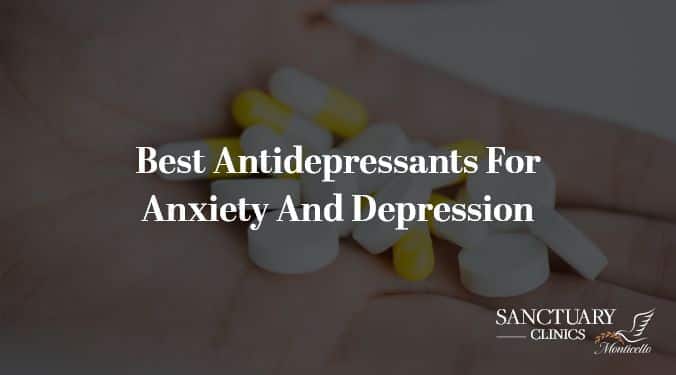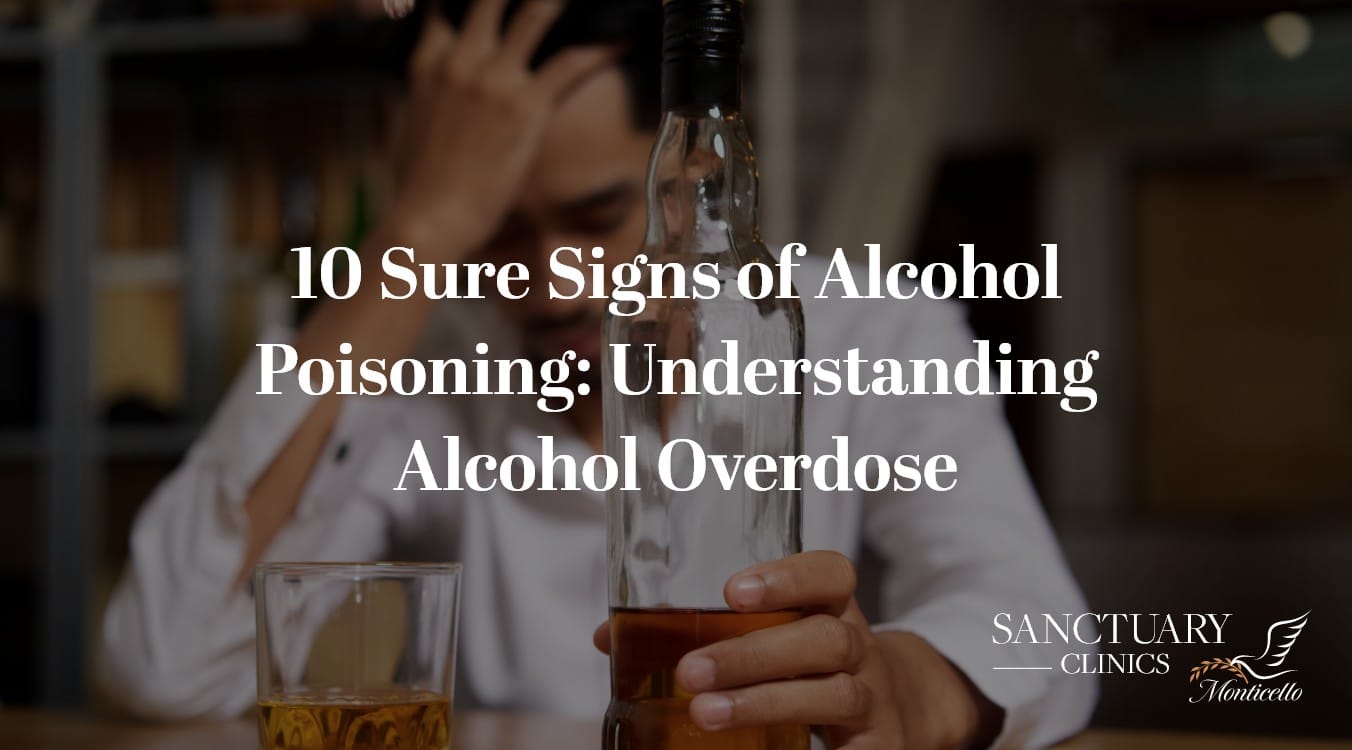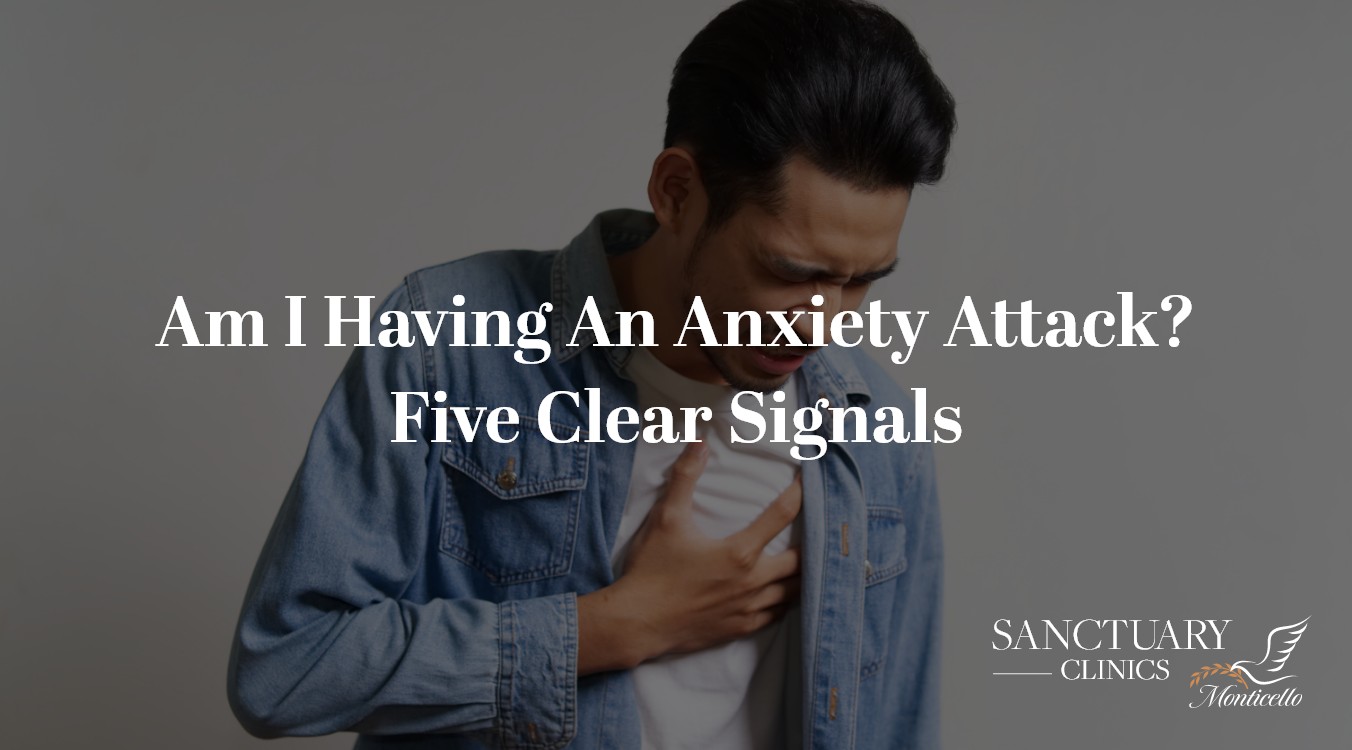What Are the Best Antidepressants for Anxiety and Depression?
Depression and anxiety are common mental health conditions which affect millions of people worldwide.
Both conditions can significantly impair a person’s quality of life, making it challenging to carry out daily activities, maintain healthy relationships, and achieve their goals.
Fortunately, effective treatments are available to manage the symptoms of these disorders, including antidepressant medication.
What are the most common types of antidepressants?
Antidepressants are a class of medications which are commonly used to treat depression and anxiety.
There are several types of antidepressants available, which include:
SSRIs (selective serotonin reuptake inhibitors) are the most prescribed class of antidepressants on the market. These medications increase the levels of serotonin in your brain, which helps regulate your mood.
SNRIs (serotonin-norepinephrine reuptake inhibitors) increase the levels of both serotonin and norepinephrine, which both affect your mood.
NDRIs (norepinephrine-dopamine reuptake inhibitors) are less commonly prescribed than SSRIs and SNRIs but are still effective in treating depression.
These medicines work by increasing the levels of norepinephrine and dopamine in your brain, both involved in regulating your mood and motivation.
NaSSAs (noradrenergic and specific serotonergic antidepressants) work similarly to NDRIs but also have sedative effects which can help treat insomnia.
MAOIs (monoamine oxidase inhibitors) are the oldest class of antidepressants and are rarely used today due to their potential for serious side-effects.
These drugs work by inhibiting the enzyme monoamine oxidase, which breaks down neurotransmitters like serotonin and norepinephrine. This results in increased levels of these neurotransmitters in your brain, which helps improve your mood.
Get Help Today.
We are here to help you through every aspect of recovery.
Let us call you to learn more about our treatment options.
We are here to help you through every aspect of recovery. Let us call you to learn more about our treatment options.
What are the risks of taking antidepressants?
The risks of taking antidepressants can vary patient to patient. Common side-effects include dry mouth, nausea, dizziness, and sexual dysfunction. More serious side-effects are possible (heart issues, suicidal thoughts, etc.), so these medications should always be administered and monitored by your mental health professional.
Do antidepressants cause weight gain?
One concern many patients have when considering antidepressant medication is whether it will cause weight gain.
While some antidepressants can cause weight gain, others do not have this side-effect. Some studies have suggested that SSRIs may be more likely to cause weight gain than other classes of antidepressants. However, this is not a universal side-effect, and some patients may not experience any weight gain with antidepressant medication.
Patients should discuss their concerns about weight gain with their healthcare provider before starting any antidepressant medication.
Are antidepressants addictive?
Antidepressants are not addictive in the same way other drugs are.
However, some patients may experience withdrawal symptoms when stopping antidepressant medication, especially if they have been taking it for a long time.
Patients should never stop taking antidepressants without first consulting their healthcare provider.
How effective are antidepressants?
The effectiveness of antidepressants can vary patient to patient. Some patients may experience significant improvement in their symptoms within a few weeks of starting treatment, while others may not see improvement for several months.
For this reason, working closely with your mental health professional to monitor results is vital to finding the most effective treatment for your needs.
Side-effects of antidepressants
Like any medication, there are potential side-effects of antidepressants which need to be considered.
Common side-effects of antidepressants include nausea, dry mouth, sexual dysfunction, and sleep disturbances. Some antidepressants can also cause an irregular heartbeat or raise blood pressure.
Patients should discuss the potential side-effects of antidepressant medication with their healthcare provider before starting the treatment.
Are antidepressants for anxiety and depression right for you?
In addition to potential side-effects, some patients may find antidepressant medication is not effective for them. This is particularly true for patients with treatment-resistant depression, which does not respond to traditional antidepressant therapies.
In these cases, alternative treatments such as cognitive-behavioral therapy (CBT) or electroconvulsive therapy (ECT) may be more effective. As always, consult with your healthcare provider to find the best path for treatment.
What are the alternatives to antidepressants?
There are several alternatives to antidepressants which can be effective in treating depression and anxiety. These include:
1. Psychotherapy: Therapy can be a highly effective treatment for depression and anxiety, and it is often recommended as a first-line treatment for mild to moderate depression. Cognitive behavioral therapy (CBT) is one type of therapy which has been shown to be particularly effective in treating depression and anxiety.
2. Exercise: Regular exercise can boost mood, increase energy levels, and reduce symptoms of anxiety.
3. Mind-body techniques: Techniques such as meditation, yoga, and tai chi have been shown to reduce symptoms of depression and anxiety.
4. Light therapy: Light therapy involves exposure to bright light, which can help regulate the body’s natural sleep-wake cycle and improve mood.
5. Herbal remedies: Some people find relief from depression and anxiety symptoms with herbal remedies such as St. John’s Wort or chamomile.
6. Transcranial magnetic stimulation (TMS): TMS is a noninvasive procedure which uses magnetic fields to stimulate nerve cells in your brain. It has been shown to be effective in treating treatment-resistant depression.
7. Electroconvulsive therapy (ECT): ECT is a procedure in which electric currents are passed through your brain to induce a brief seizure. It is a highly effective treatment for severe depression, but it is usually only recommended when other treatments have not been effective.
What are the root causes of anxiety and depression?
While root causes for anxiety and depression have not been identified, many factors, including genetics, environmental influences, and life experiences can contribute to the conditions.
As a part of treatment, these factors should be reviewed and addressed as necessary.
Sanctuary Clinics offer an alternative to antidepressants.
Sanctuary Clinics offer a non-pharmacological approach to treating depression and anxiety which combines advanced neuroscience with treatment for the spirit, mind, and body.
They offer a range of treatments for mental health conditions, including depression and anxiety disorders. Their approach focuses on holistic healing and individualized treatment plans tailored to the patient’s needs and preferences.
Get Help Today.
We are here to help you through every aspect of recovery.
Let us call you to learn more about our treatment options.
We are here to help you through every aspect of recovery. Let us call you to learn more about our treatment options.









